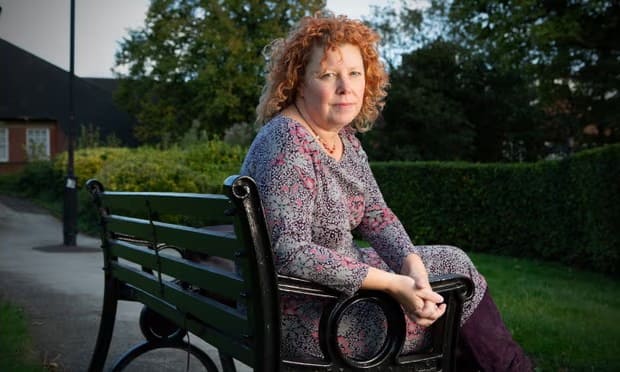An Observer investigation finds DfE tried to cancel conference with ‘unsuitable’ speakers – and experts who criticised state education policy had online posts monitored
The Department for Education (DfE) is keeping files monitoring the social media activity of some of the country’s leading educational experts, the Observer can reveal.
At least nine experts have uncovered files held on them, some as long as 60 pages. One individual even discovered the department had compiled an Excel spreadsheet in which officials had detailed who she interacted with.
Officials at the DfE also tried to cancel a conference because two of the scheduled speakers had previously criticised government policy.
Ruth Swailes and Aaron Bradbury, co-authors of a bestselling book on early childhood, were told by the organisers of a government-sponsored event for childminders and nursery workers, which they were due to speak at in March, that the DfE planned to cancel the conference just days before it opened because they were deemed to be “unsuitable” headline speakers.
The event was eventually allowed to go ahead after Swailes and Bradbury threatened the department with legal action, although a senior government official was present to “monitor” what they said.
Speaking to the Observer, Bradbury, principal lecturer in early childhood studies at Nottingham Trent University, said: “I received a phone call from the organisers saying there were some concerns about us being speakers. The DfE had decided we were unsuitable because we had been critical of government policy.”
He said: “To be told that we couldn’t have this debate felt like we were living in a dictatorship, not a democracy.
“We were due to talk about nurturing and early child development. It wasn’t some covert stuff about infiltrating Russia.”
Swailes, an independent consultant who advises schools and nurseries on early years education, was so shocked that she filed a subject access request, requiring the DfE to disclose any documents it held on her.
The results, which she received at the end of the summer, revealed that the department kept a file on her. It included critical tweets she had posted about Ofsted, England’s schools inspectorate, and noted that she had “liked” posts promoting guidance on teaching young children that was written by educationists rather than the government.
She said: “They have tried to silence me. What they did could have ruined my livelihood and still has the potential to.”
In support of Swailes, many other education experts who are known for challenging the government have now requested similar information about themselves. At least nine individuals have received what they describe as often very lengthy “files” on their views and social media activity. Some, including headteachers and university academics, are still waiting for responses.
Dr Pam Jarvis, a former teacher and education psychologist who has now retired from Leeds Trinity University, said that her request had returned more than 40 pages of records in which officials had monitored her tweets, focusing in particular on her criticisms of the department’s controversial new baseline assessments for four-year-olds in their first term at school.
She said: “Discovering they have been monitoring me makes me fucking furious. And it also makes me more inclined to go on doing it. They should know I will speak up like this until I am dead.”
One modern languages expert, Carmel O’Hagan, uncovered an email from DfE officials accusing her of having “an axe to grind” on Twitter, now rebranded as X, and an Excel spreadsheet in which the department detailed who she interacted with. She described the emails among officials about her in her 37-page file as “puerile” and “spiteful”.
Dr Ian Cushing, a senior lecturer in critical applied linguistics, whose subject access requests revealed that both the DfE and Ofsted were monitoring him, said: “What is deeply troubling to me is the fact that they spend substantial amounts of time and money in these surveillance procedures at a time when schools are being hit by economic difficulties and cost of living crises.”
Sue Cowley, an education expert who runs training for schools, tweeted her response to the records she had been sent under her name this week: “Excuse my language but WTAF [what the actual fuck] are the DfE doing spending taxpayer money conducting surveillance on critics of government policy on here?”
When asked why the government had been compiling files on the social media activity of its critics, the DfE said it did not comment on individual cases.
